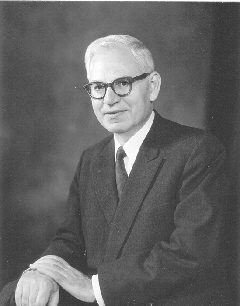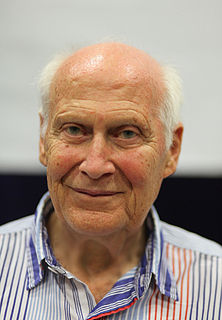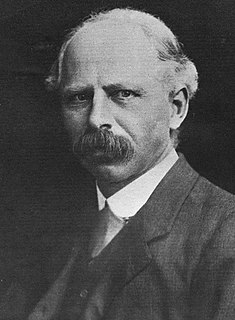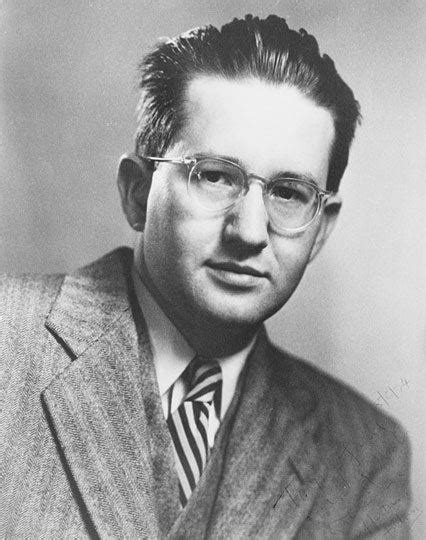A Quote by Carl Jung
For, in order to turn the individual into a function of the State, his dependence on anything beside the State must be taken from him.
Related Quotes
The State, of course, is absolutely indispensable to the preservation of law and order, and the promotion of peace and social cooperation. What is unnecessary and evil, what abridges the liberty and threatens the true welfare of the individual, is the State that has usurped excessive powers and grown beyond its legitimate function - the super-State, the socialist State, the redistributive State, in brief, the ironically misnamed 'Welfare State.'
The state which is regarded as the instrument for universalizing a certain religion must perforce be an ever expanding state. The Islamic state, whose principal function was to put God’s law into practice, sought to establish Islam as the dominant reigning ideology over the entire world….The jihad was therefore employed as an instrument for both the universalization of religion and the establishment of an imperial world state.
By assigning his political rights to the state the individual also delegates his social responsibilities to it: he asks the state to relieve him of the burden of caring for the poor precisely as he asks for protection against criminals. The difference between pauper and criminal disappears - both stand outside society.
But obviously a state which becomes progressively more and more of a unity will cease to be a state at all. Plurality of numbers is natural in a state; and the farther it moves away from plurality towards unity, the less of a state it becomes and the more a household, and the household in turn an individual.
When the family has been brought into its natural order, the individual can leave it behind him while still feeling the strength of his family supporting him. Only when the connection to his family is acknowledged, and the person's responsibility seen clearly and then distributed, can the individual feel unburdened and go about his personal affairs without anything from the past weighing him down or holding him back.
The function of State coercion is to override individual coercion, and, of course, coercion exercised by any association of individuals within the State. It is by this means that it maintains liberty of expression, security of person and property, genuine freedom of contract, the rights of public meeting and association, and finally its own power to carry out common objects undefeated by the recalcitrance of individual members.
MORAL LAW, Evidence of.- Man has been subjected by his Creator to the moral law, of which his feelings, or conscience as it is sometimes called, are the evidence with which his Creator has furnished him. ... The moral duties which exist between individual and individual in a state of nature, accompany them into a state of society ... their Maker not having released them from those duties on their forming themselves into a nation.




































